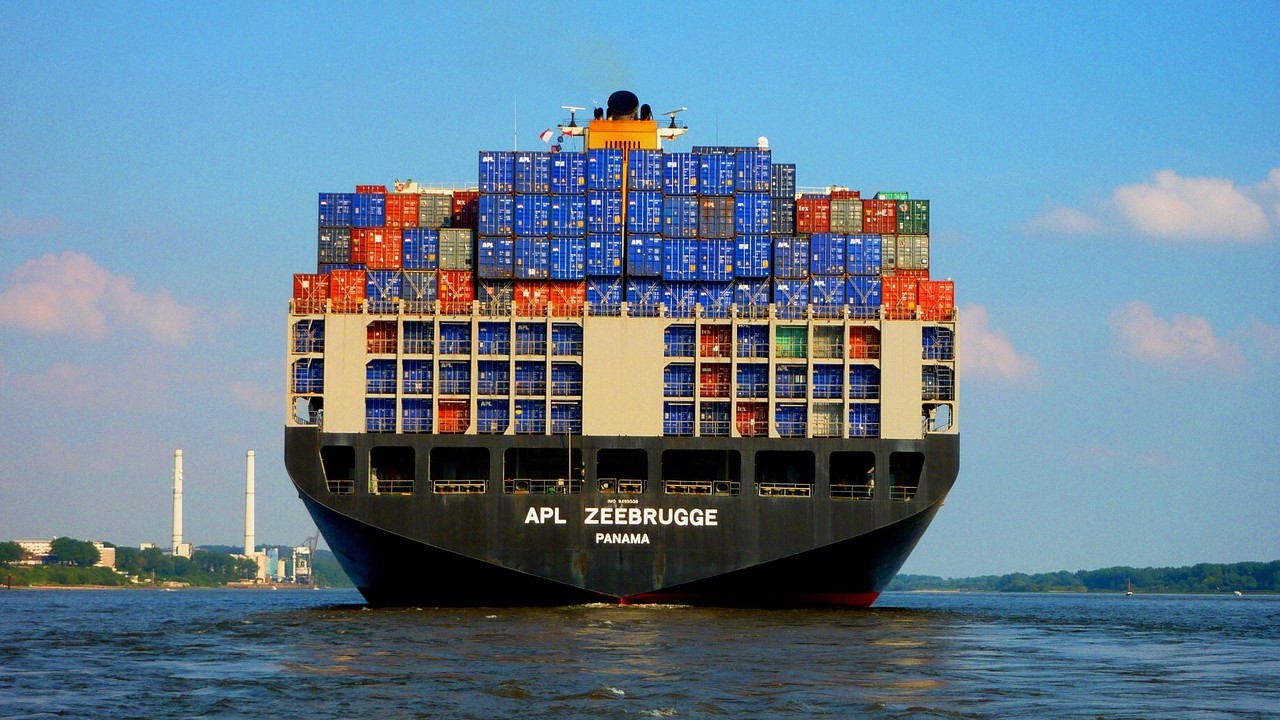Docker support is being deprecated in Kubernetes - but not just yet
Docker wasn’t supposed to be in there in the first place

The mention of Kubernetes dropping support for Docker in the release notes for its latest release, raised a lot of eyebrows.
A tweet by the Kubernetes SIG Security co-chair, Ian Coldwater didn’t help matters, either: "Docker support is being deprecated in Kubernetes. You need to pay attention to this and plan for it. THIS WILL BREAK YOUR CLUSTERS."
The move might come as a shock to anyone who’s been busy spinning up containers and not paying attention to the development of Kubernetes. But it really isn’t such a big deal.
- Check out these best cloud computing services
- We've also compiled a list of the best workstations out there
- These are the best laptops for programming in the market
Not the end of the world
In the release notes and in a follow up blog post, Kubernetes developers explain that all they are doing is deprecating Docker as a container runtime after v1.20.
If you’re wondering what’s a container runtime, it’s best explained in a trending tweet by Google Cloud Platform’s Staff Developer Advocate Kelsey Hightower: “Docker != Containers. There are container images. Docker can build them. There are container registries. Docker can push and pull from them. There are container runtimes. Docker is one of them. There are container processes. Docker can create them but Linux is still the boss.”
So all that has happened is that Kubernetes is deprecating (and will eventually remove) Docker as a container runtime in favor of runtimes that use the Container Runtime Interface (CRI), such as containerd and CRI-O.
For the end-users of Kubernetes there shouldn’t be much of a fallout of this move as the developers explain “Docker-produced images will continue to work in your cluster with all runtimes, as they always have.”
Are you a pro? Subscribe to our newsletter
Sign up to the TechRadar Pro newsletter to get all the top news, opinion, features and guidance your business needs to succeed!
However, if you’re rolling your own clusters though, you’ll need to make sure that you don’t use Docker as a container runtime going forward. If you do, you’ll get a depreciation warning with the current v1.20 release.
If you don’t want your clusters to break, make sure you switch to one of the compliant container runtimes before the runtime support for Docker is removed, which is currently planned for v1.22 due in late 2021.
All in all, this move is about enforcing best practices and little else.
- We've put together a list of the best DevOps tools available
Via: The Register
With almost two decades of writing and reporting on Linux, Mayank Sharma would like everyone to think he’s TechRadar Pro’s expert on the topic. Of course, he’s just as interested in other computing topics, particularly cybersecurity, cloud, containers, and coding.
